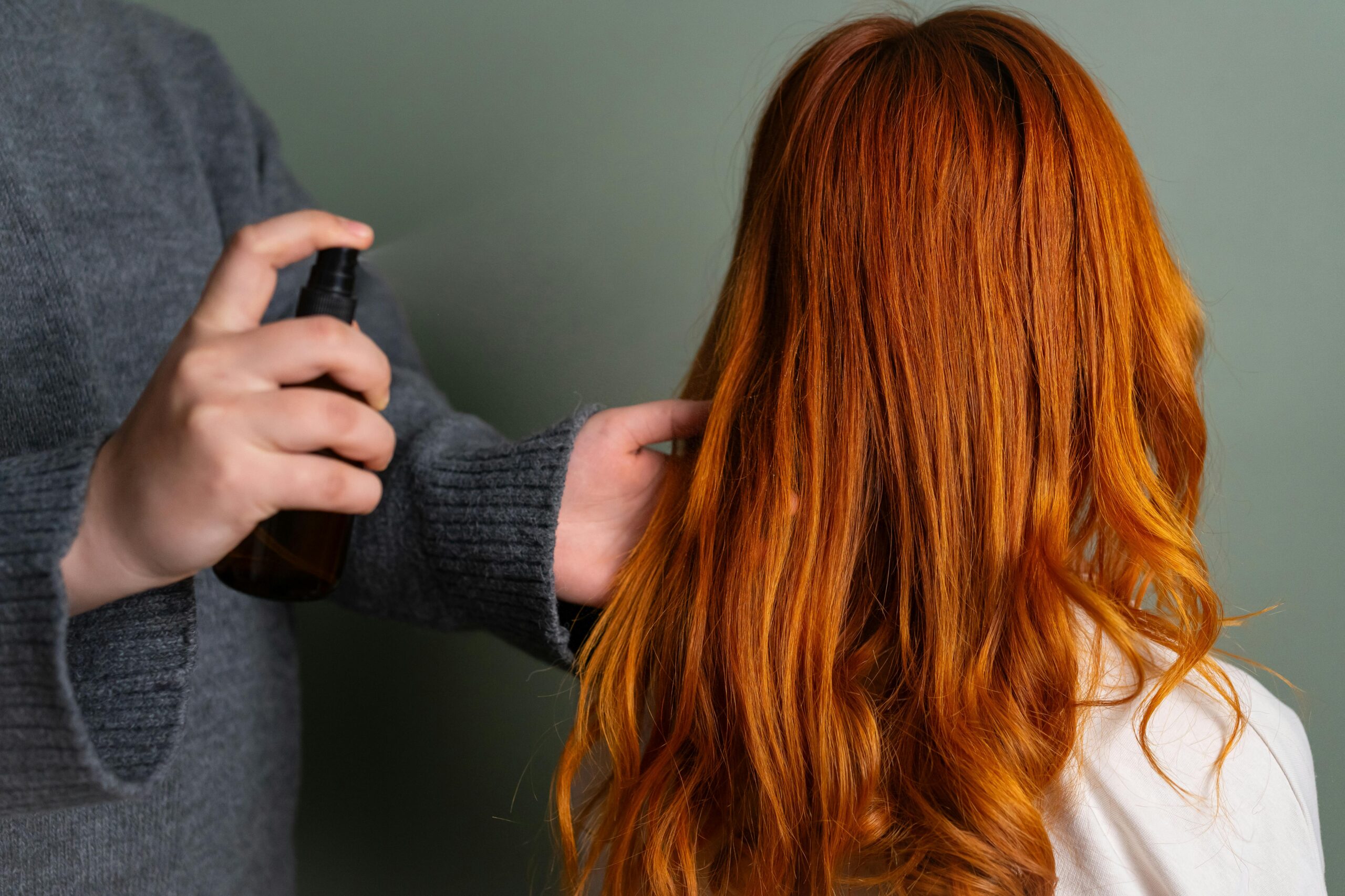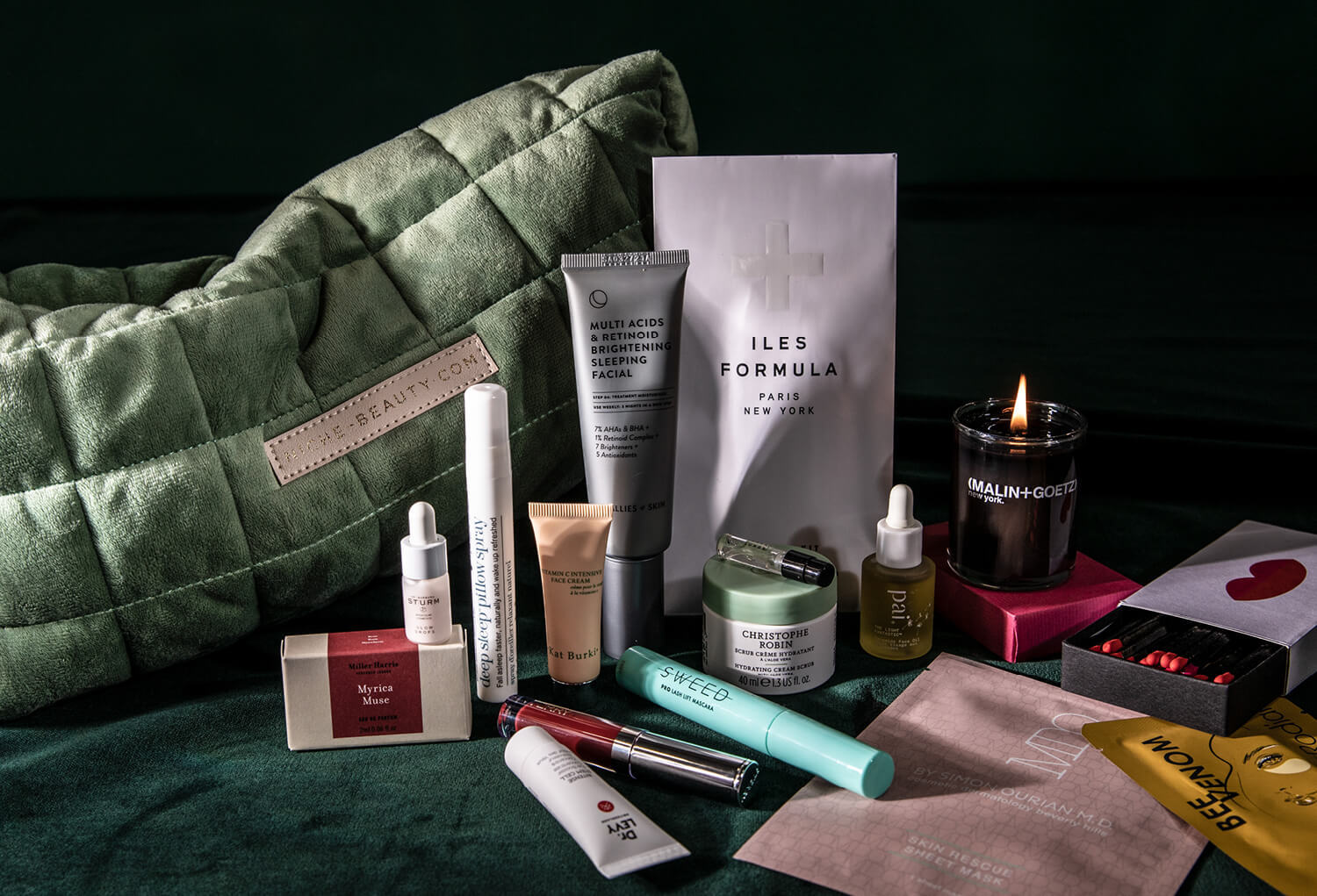Keeping up with healthy hair is extremely important for overall personal care and boosting your self-esteem. Lifestyle, diet, products, and environmental conditions influence healthy hair. In the middle of many products available in the market, it gets confusing to pick the ideal one. Some products contain harsh chemicals that might not survive your hair in the long run. On the other hand, natural remedies are cost-effective and gentler on your hair and scalp. They provide nourishment and protection without the risk of side effects. This article explores practical, proven natural remedies to help you maintain strong, shiny, and healthy hair.
Helpful Tips on How to Maintain Healthy Hair with Natural Remedies
Trim Down all your Dry Hair
If your hair gets excessively dry, it’s time to go for a fresh trim as a reset. Split ends can make your hair difficult to style even if it is not very long and help to give it a gritty or dry feel. See your stylist and cut out unhealthy hair, which weighs down young hair growth. Ask the stylist whether they have any advice for your specific hair type and length while you are there. They can advise a fresh style regimen to prevent hair harm.
Consuming Vitamins
Though specific vitamins directly affect the quality of your hair and nails, you know you need others to fuel your body. Hair that appears better will come from vitamins A, C, and biotin—sometimes known as vitamin H- and the mineral iron.
Some people take prenatal vitamins only because they impact their hair, as they contain all the above vitamins. Additionally, trendy right now is taking supplements with just biotin to improve the appearance of your hair. Recent studies, however, cast doubt on the theory that biotin significantly influences things. You might also investigate marine protein supplements, which have been demonstrated to support healthier hair.
Add Antioxidants and Omega-3s to your Diet
Marine proteins can make your hair look shinier and prevent thinning out of it. Boost your diet’s marine protein content to acquire comparable effects without a supplement. Salmon, oysters, mackerel, tuna, and sardines are among these items. These all abound in omega-3s and peptides, which can help your hair sparkle.
You might also think about consuming more antioxidants to fight oxidative stress, which causes hair to look older. Rich in antioxidants, including walnuts, kidney beans, blueberries, broccoli, and tomatoes.
Keep Yourself Away from Daily Washing
Shampoo drains your hair from sebum even as it cleans sweat and grime. The natural oil that makes your hair easier to maintain and, at proper levels, shiny is sebum. Too much sebum results in greasy hair.
You may most likely wash your hair every other day and see it seem healthier instead of having to strip it of sebum daily. If you cannot go a day between washing, try a baby shampoo or use a shampoo designed especially for dry hair. Both are instead cleaning without totally depriving hair of its natural oils.
Rather than Air Drying, Wrap your Hair
If your hair is brittle and difficult to style following a wash, you may lose too much moisture throughout the drying process. Rather than letting your hair air dry, try wrapping it with a cloth or towel after you wash it. Use a silk pillowcase to prevent the moisture from inking into your pillows if you sleep with wet hair. Long periods spent leaving your hair damp will cause visible damage akin to that caused by blow drying.
Reduce the Use of Hair Styling Tools
For years, your daily ritual may have consisted of heat styling to curl, straighten, or give volume to your hair. It can also be the reason your hair dries out. Hair shafts before and after blow drying revealed notable hair damage to the subjects. Keep the dryer at least six inches away from your hair shaft for optimal results if you intend to blow dry it.
Try Showers with Cooler Temperature
Your shower’s hot water for body rinse could also scorch your hair. The health advantages of cold showers may be related to hair growth speed. Rinse your hair under a colder temperature of water for a minute or two to revive strands, rejuvenate your scalp after shampoo, and condition your hair in the shower.
Make Use of Aromatic Oils
One increasingly common home cure for damaged hair is Moroccan argan oil. Though it’s simple to try, we know nothing about how or whether this cure definitively works. Applying a few drops of argan oil to the ends of your hair could help it look more polished and flexible. Essential oils, including lavender and peppermint, might help decrease breaking and hair loss. To create a quick, spritz hair perfume, mix peppermint, lavender, and carrier oil like argan or coconut oil. Over time, your hair will feel less dry.
Using Protective Cap When Going Out
Like they can damage your skin, ultraviolet radiation can also damage your hair shaft. Limit the amount of these rays your dry hair comes into touch with. Wear a hat while you do your regular business; avoid extended sun exposure. If your hair has previously been exposed to UV rays, spreading some pure aloe Vera gel over it could assist in restoring the damage.
Use Coconut Oil Once in a Week
One organic emollient is coconut oil. This means if heat or the sun has damaged your hair strands, it closes in the voids. Well, coconut oil excels in breaking down hair filaments. Coconut oil generally makes your hair look better by smoothing it strand by strand. Once a week, treat your hair to a deep-conditioning session with heated coconut oil.
- Starting with room temperature coconut oil and dry hair,
- Focusing on the ends, crown of your head, and root of your hair, rub some coconut oil between your palms before applying it.
- Saturate, but avoid soaking your hair in coconut oil. Instead, continue this process, leaving the oil on your hair for roughly twenty minutes.
- Give your rinse great effort.
FAQs
- How often should you use a natural hair mask?
For best effects, one should apply natural hair masks once a week. Change frequency depending on the type and need of your hair.
- Can you replace natural treatments for shampoo and conditioner?
Although natural treatments have advantages, they might not be utterly replaceable by shampoo and conditioner. Use them as extras to improve your hair care regimen.
- Does using natural oils have any adverse effects?
Generally safe, natural oils should constantly be tested to rule out possible allergies—especially for oils like tea tree or eucalyptus.
- How long does one wait for natural treatment effects?
The cure and hair condition will affect the results; generally, they are evident in 4–6 weeks of constant application.
- Does one need to use particular oils for a hair type?
Indeed, some oils fit different kinds of hair. For fine hair, lightweight oils like argon are perfect; for thick, curly hair, heavier oils like castor work better.
Conclusion
A holistic and best way to keep healthy hair is possible through natural treatments sitting at home. You can adequately manage many hair issues without depending on strong chemicals by concentrating on nutrition, scalp care, hydration, and protective practices. Consistency is essential since these treatments guarantee long-term hair health while they take time to show effects. Following natural remedies improves your hair and fits a conscious and environmentally sustainable way of living. Start using these ideas in your regimen; your hair will repay you with better vitality, strength, and gloss.



